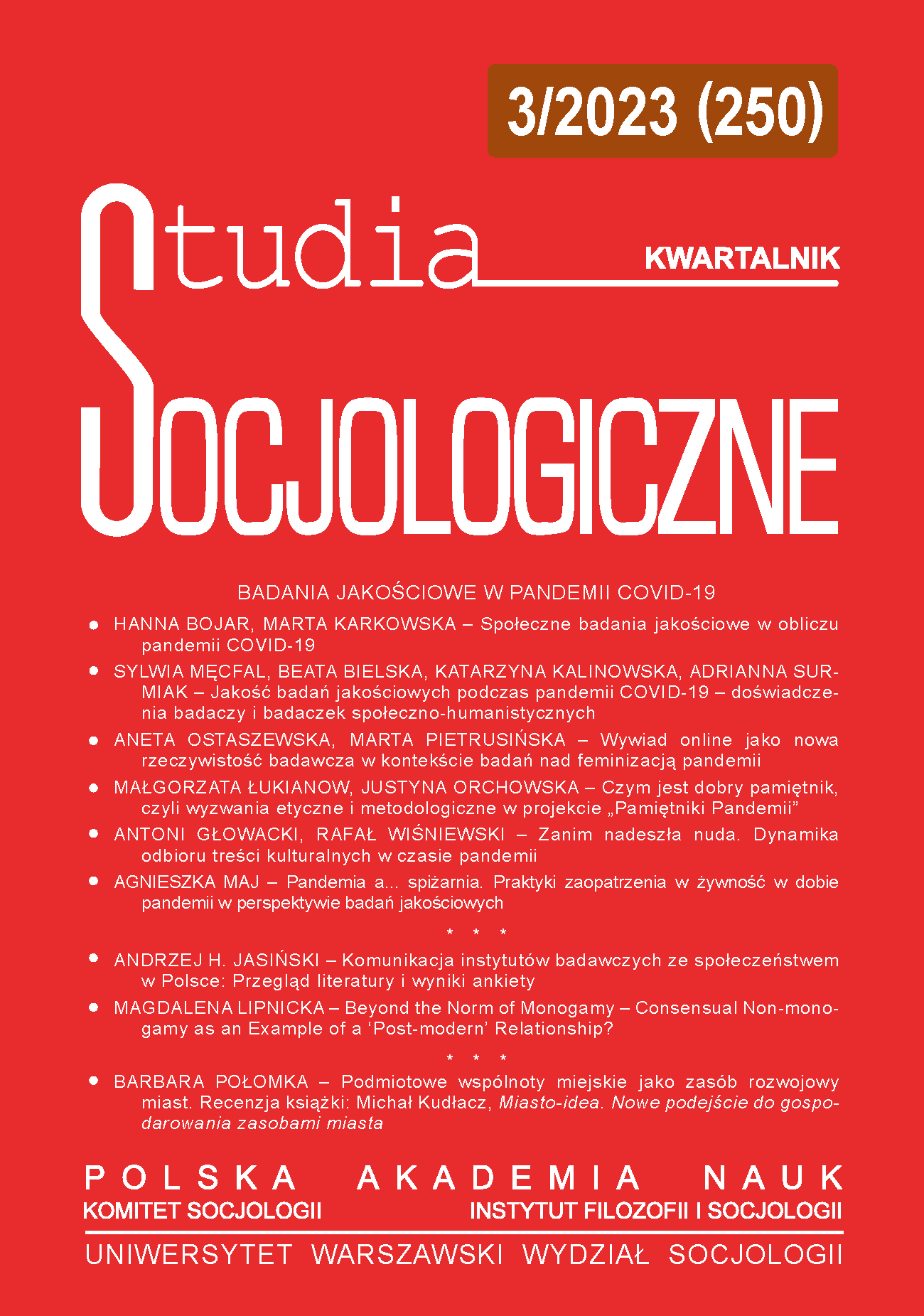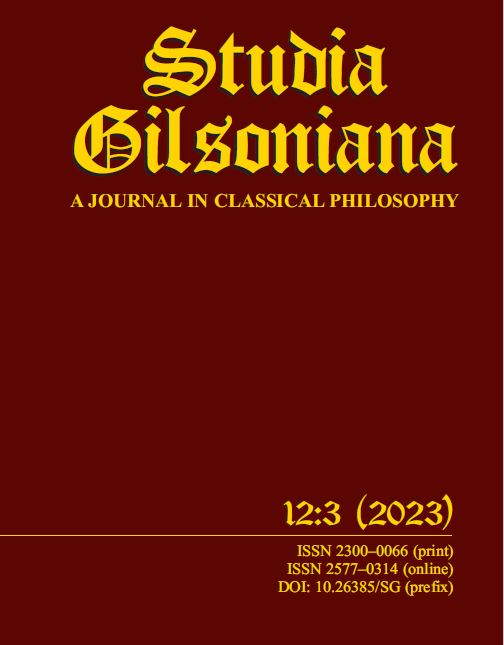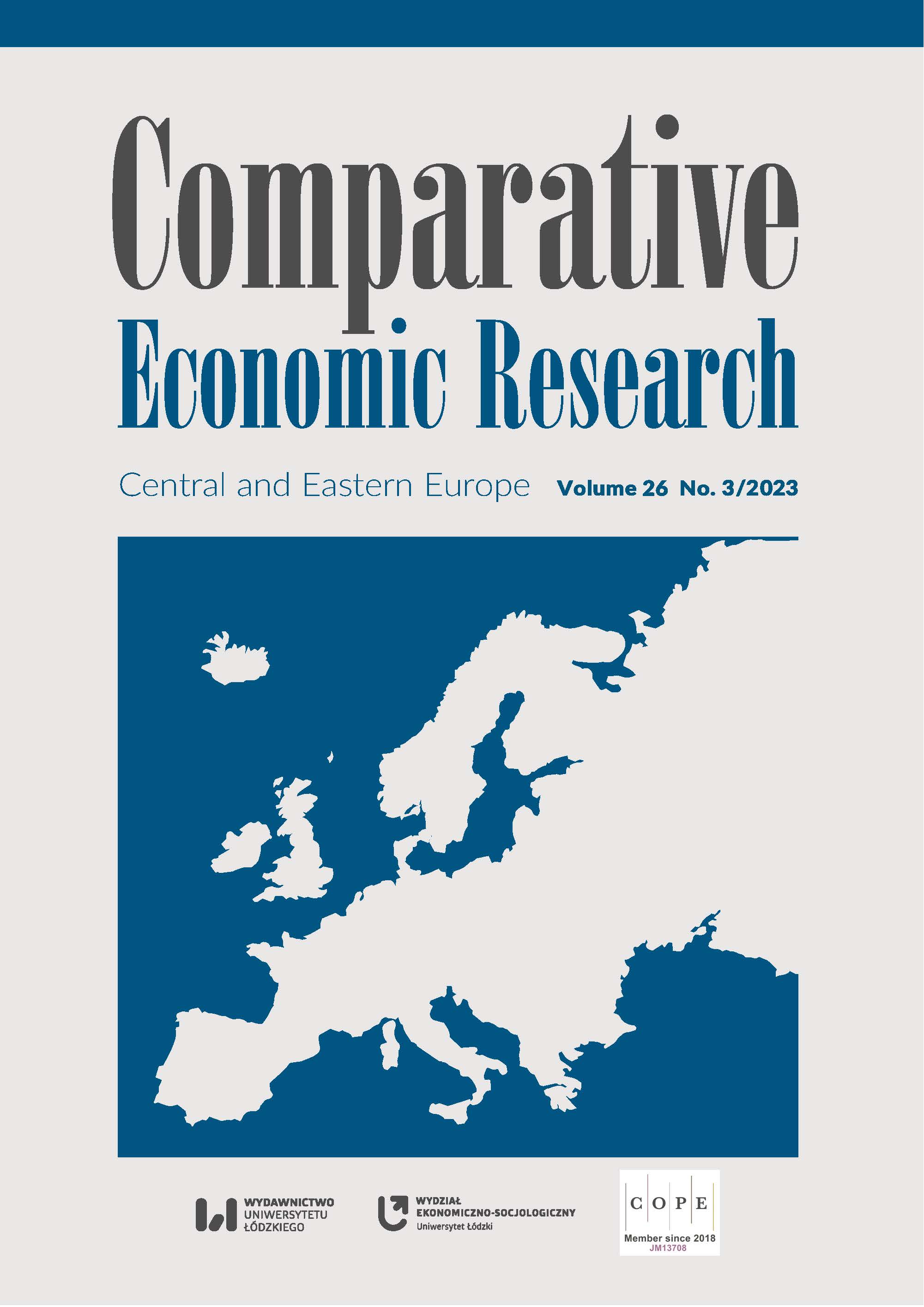
Duties of the penitent and confessor in the light of 21 Constitution of the Fourth Lateran Council
Duties of the penitent and confessor in the light of 21 Constitution of the Fourth Lateran Council
Keywords: canon law; sacrament of penance; the obligation to make annual confession; duties of a confessor
At the beginning of the 13th century there was a crisis in the institutional Church, in response to which Pope Innocent III during the Fourth Lateran Council introduced the obligation of annual confession and emphasised the importance of this sacramental practice.The 21st Council Constitution obliged every believer to go to Confession at least once a year and to receive the Eucharist during the Easter season. This obligation applied to every baptised man and woman upon reaching the age of discernment, which the Council’s commentators at the time put at around seven years. Although, according to the medieval canonists, this obligation referred to confession of mortal sins, in practice all the faithful were encouraged to go to confession annually. The own parish priest had the duty to see that this commandment was fulfilled by the faithful entrusted to his pastoral care.In response to the serious obligation of the faithful, the Constitution Omnis utriusque sexus also imposed important duties on confessors. The confessor was to be prudent towards the confession of the penitent; he was compared to a doctor who must choose the treatment appropriate to the illness. Finally, the 21st Constitution of the Fourth Lateran Council emphasises the obligation of confessional secrecy on the part of the confessor and at the same time introduces severe penalties for a priest who breaks it.Many of the provisions described are still relevant in contemporary Church legislation. Even today, in the face of the Church’s crisis, it seems advisable to return to the fruitful celebration of the sacrament of Penance, which concerns both confessors and penitents.
More...


